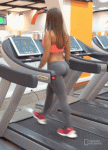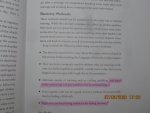Poser
WKR
so how does one know exactly when you need to recover and when you are recovered?
I’ve been going by what my body tells me; it’s about 10 years of trial and error of feedback. I can say at this juncture it appears to be working for rather well for me.
I think you’re doing it right and 10 years is a good amount of time to accumulate data on your body. I’m just making the point that all of these “hacks”, are for the most part psychological and physiological. From a scientific stand point, your body is either being stressed or it’s recovering. The only way for your body to repair damaged muscles is to sleep and eat, everything else is just stress management. Stretching doesn’t repair damage at the cellular level, neither does walking or fail rolling. If stretching, walking, easy runs etc make you feel better and you can manage that additional stress, go for it. Sometimes you just need to feel better and regular folks can’t sleep 14 hours a day because we have lives to live.




